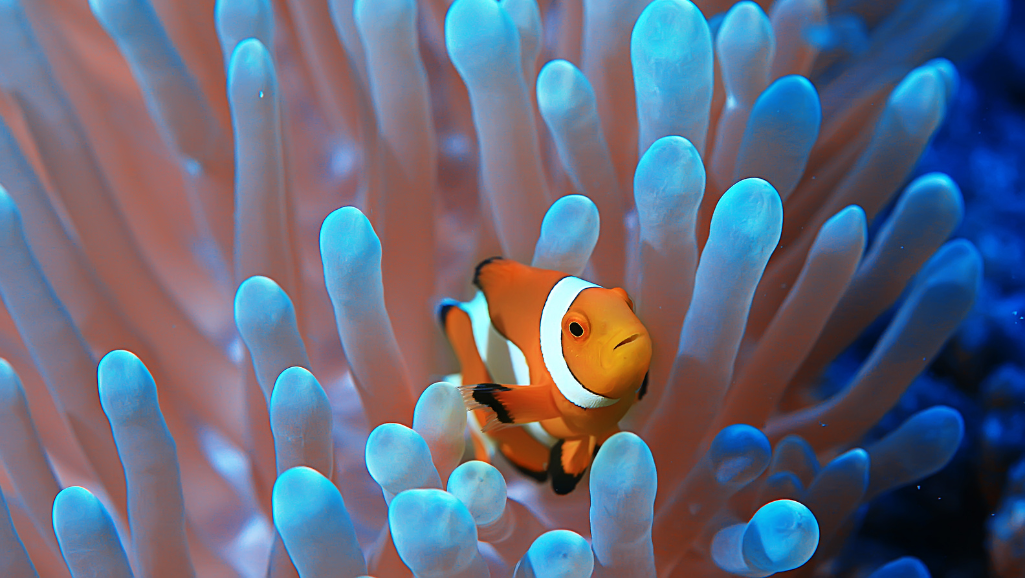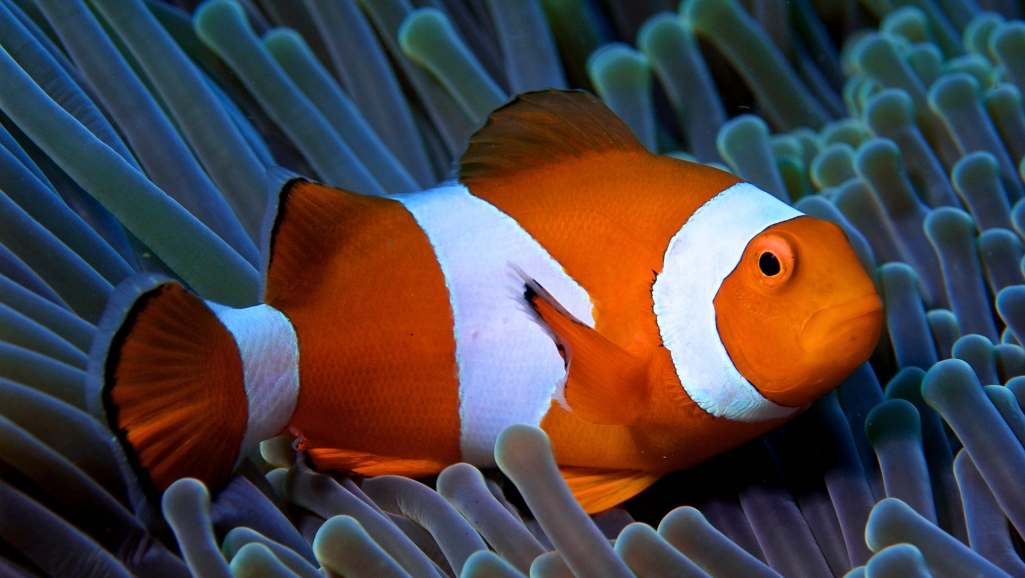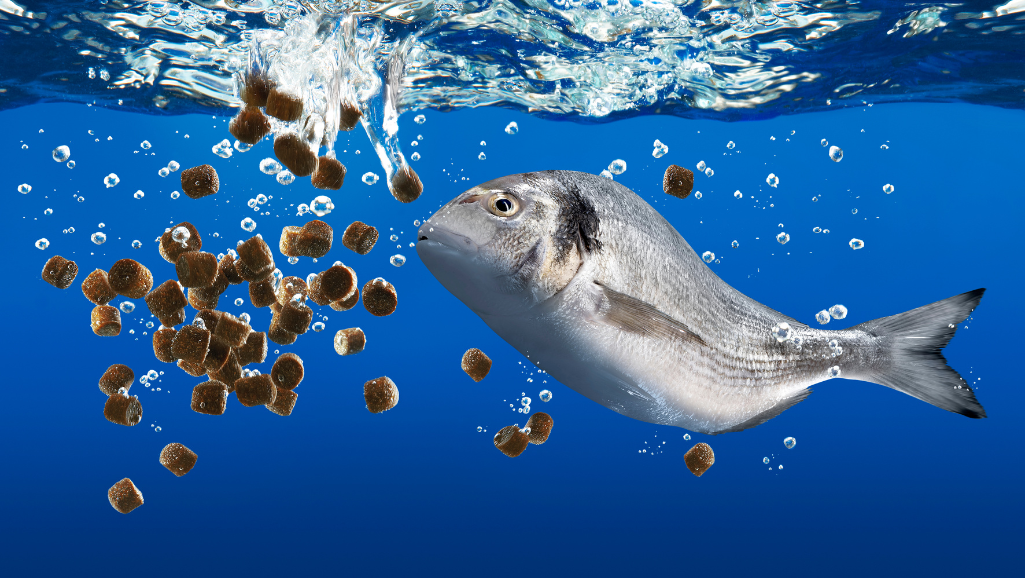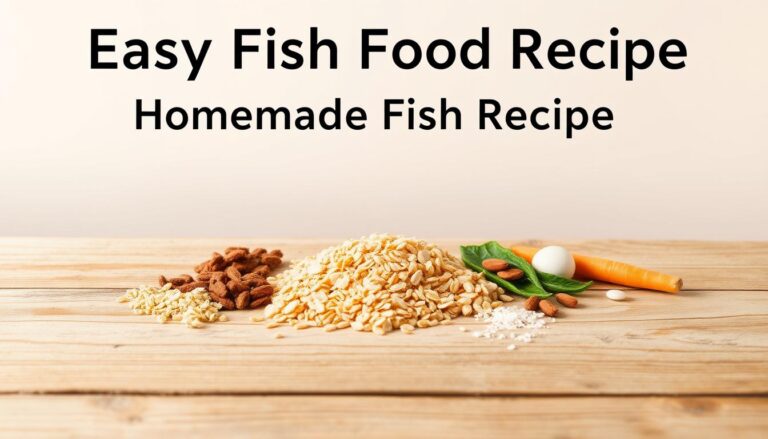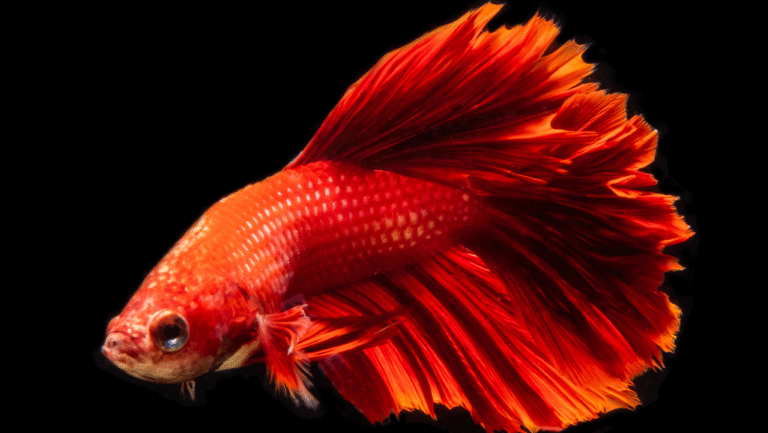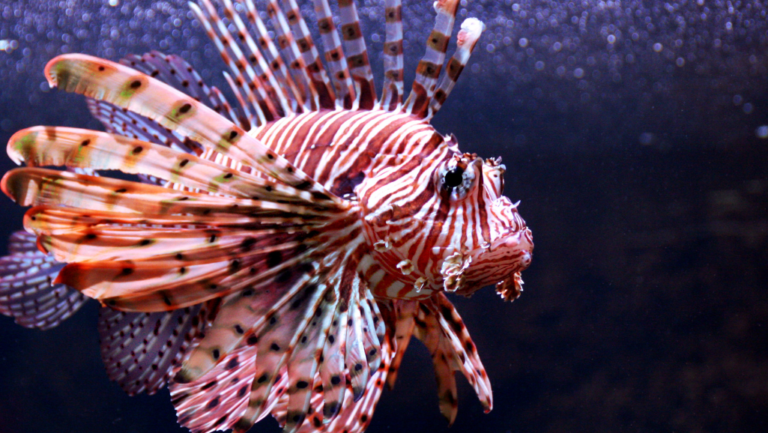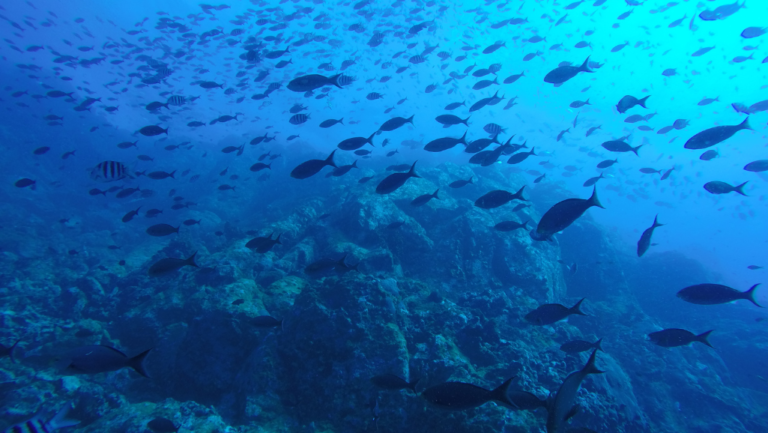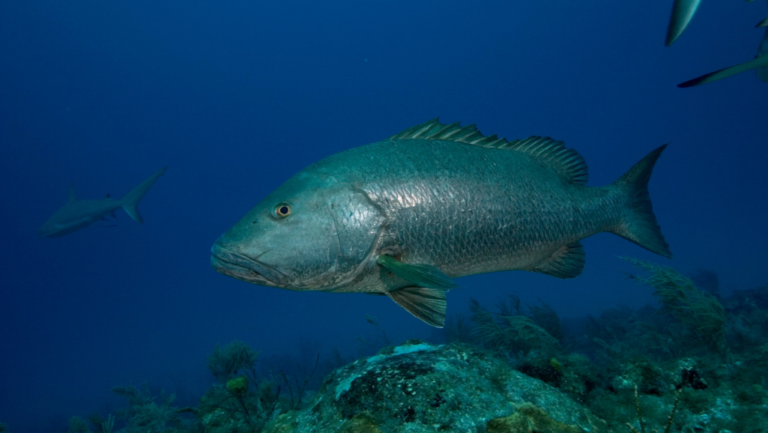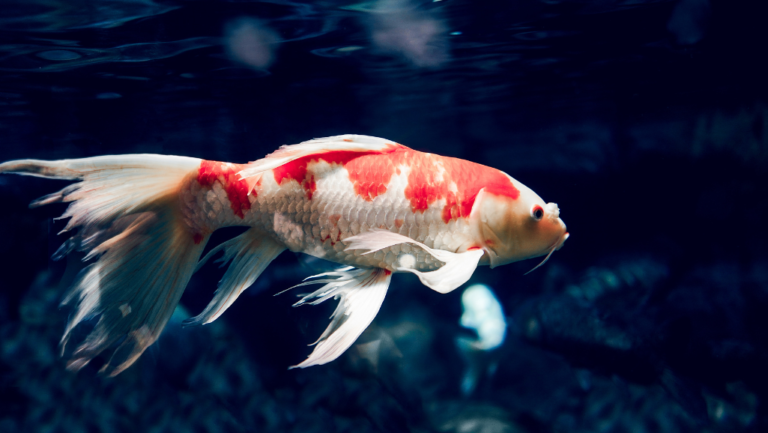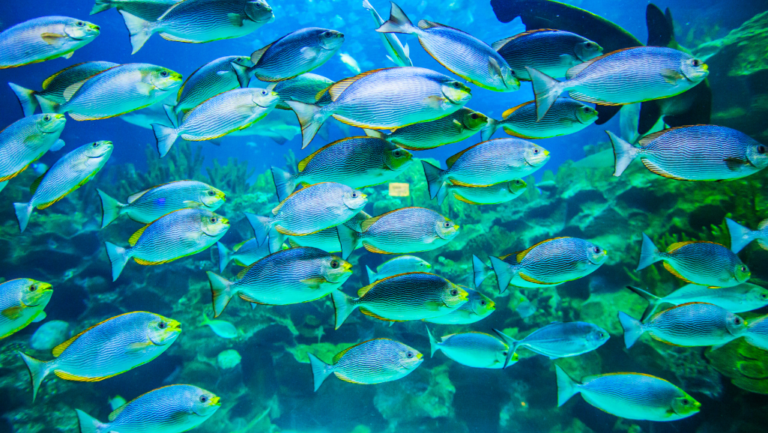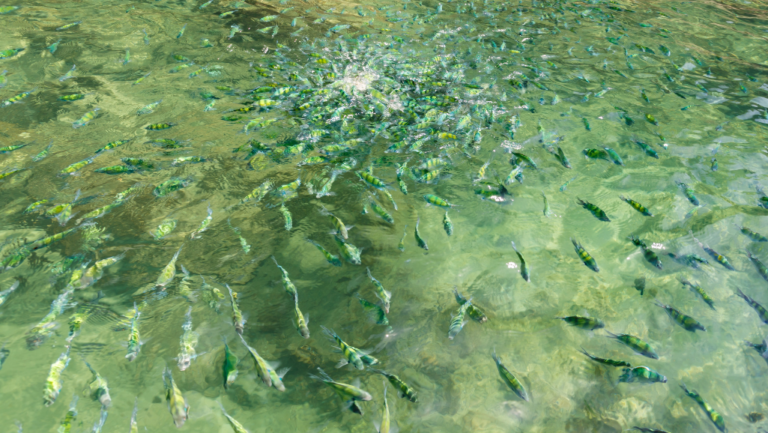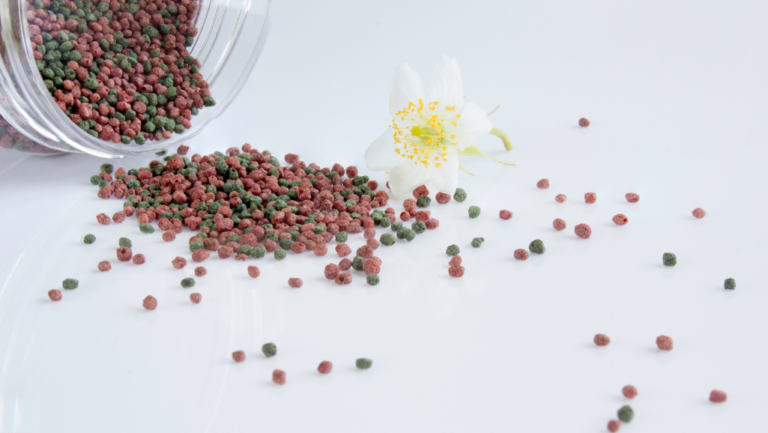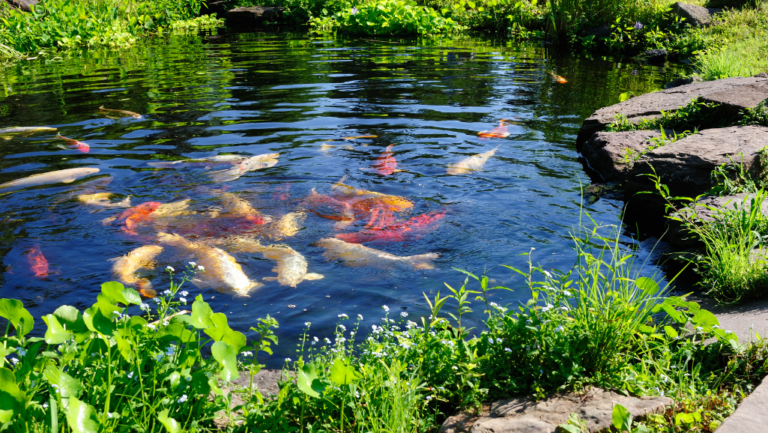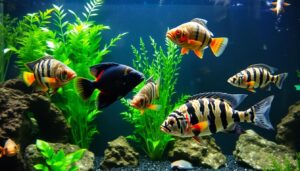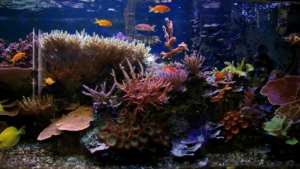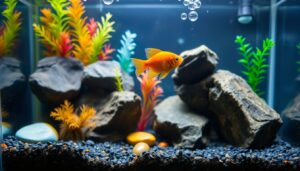It’s vital to give saltwater fish a nutritious diet for their health. Even with clean water, a bad diet can cause sickness. Not all pre-made foods are good for them.
For the best health, feed them a diet that’s close to what they eat in the wild.
A good dry food should have about 50% protein and fat. Frozen foods have around 12% protein and more than 2% fat, considering water weight. Pellets are much more packed with nutrients than frozen foods, so it’s easy to overfeed them.
When starting a new tank, aim for nitrate levels of 2-5 PPM and phosphate levels of 0.1-0.2 ppm. Too much food can raise these levels because of food breakdown. There are many marine foods available, like pellets, flakes, and frozen ones, to meet different fish needs.
Key Takeaways
- Best Saltwater Fish Food.
- A balanced diet mimicking natural food sources is crucial for saltwater fish health
- Quality dry food should contain around 50% protein and fat content in the teens
- Frozen food typically contains 12% protein and over 2% fat content
- Overfeeding can lead to higher nitrate and phosphate levels in the tank
- A variety of food options are available to cater to different fish species’ dietary needs
Understanding the Dietary Needs of Saltwater Fish
To keep your saltwater aquarium healthy, you need to know what your fish eat. Just like us, fish need proteins, carbs, vitamins, and fats to stay healthy. Without the right food, your fish can get sick and not do well.
Fish fall into three groups: herbivores, carnivores, and omnivores. Each group needs different foods to stay healthy. For example, herbivores eat a lot of plants, like spinach and zucchini. Carnivores, on the other hand, eat more meat, like insects and small fish.
Omnivores need a mix of plants and animals. They should eat about 40% protein and the rest from veggies, krill, and algae. It’s important to give them the right mix of food to keep them healthy.
Essential Nutrients for Optimal Health
Saltwater fish also need vitamins and minerals to stay healthy. There are many fish health supplements out there to help. These supplements can make sure your fish get everything they need.
A guide on fish health through proper nutrition says it’s key to know what each fish needs. By giving them a varied diet and the right supplements, your fish can stay healthy and happy for a long time.
Types of Saltwater Fish Food
There are many options for feeding your saltwater fish. You can choose from dry foods like pellets and flakes to frozen and freeze-dried foods. Each type has its own benefits and meets the dietary needs of different fish.
Dry Foods: Pellets and Flakes
Dry foods, such as pellets and flakes, are easy to use and affordable. They are made to give a balanced diet with vitamins, minerals, and high-protein aquarium feed. This helps your fish grow and stay healthy. Many of these foods are complete diets, so your fish get all the nutrients they need.
Frozen and Freeze-Dried Options
Frozen fish foods like Artemia and mysis shrimp are loved by many fish. Freeze-dried foods, such as Bloodworms and Brine Shrimp, are also good. These foods are full of proteins, lipids, and beta-carotene, making your fish’s colors bright.
Live Foods and Their Benefits
Live foods give your fish a natural and exciting meal. Brine shrimp, mysids, and copepods are great choices for live aquarium food. They are perfect for fish like Mandarin fish and Marine Bettas, as they match their natural diet. Live foods also encourage natural hunting and keep your fish’s minds active.
“Live Pods are the best food source for reef tank fish and corals.”
When adding live foods to your routine, consider Coral Extacy. It loads live shrimp with nutrients for predator fish. This makes sure your fish get a complete and nutritious meal.
Best Saltwater Fish Food: Top Picks for a Balanced Diet
It’s important to give your saltwater fish a balanced diet for their health. The best food should have high-quality ingredients that meet their needs. Mix commercial food with whole seafood for a complete nutrition plan.
Quality fish meal must have enough protein for growth. Foods like shrimp, krill, and salmon have different protein levels. Flakes float, while pellets sink, meeting different feeding needs.
Vitamins A, C, D, and E help with immunity and growth. Omega-3 and Omega-6 fatty acids are also crucial. Live foods like brine shrimp add nutrients and encourage natural hunting.
Herbivorous fish need plant-based foods like algae sheets. Carnivorous fish need more protein. Tailoring diets to each fish’s needs is essential for a healthy aquarium.
“Freeze-dried aquarium food options available include bloodworms, brine shrimp, tubifex, and krill.”
About 80% of saltwater fish love frozen foods like Artemia and mysis shrimp. Most planktivores and herbivores should eat six times a day. Dry foods are complete diets, while liquid foods are convenient and nutritious.
Offering a variety of best saltwater fish food ensures your marine pets get the balanced nutrition they need to thrive.
Incorporating Variety in Your Fish’s Diet
It’s key to give your fish a variety of foods for their health. Mixing different foods ensures they get all the nutrients they need. This keeps them healthy and full of energy.
Start by using different types of commercial fish foods. Brands like Reef Nutrition’s TDO pellets and New Life Spectrum are great. They offer top-notch ingredients and balanced nutrition.
Don’t forget to add Cool Flakes from Brine Shrimp Direct and frozen foods from PE and others. These add variety and taste to your fish’s meals.
Rotating Food Types for Better Nutrition
Changing up the food types is important. It stops your fish from getting too much of one thing. Try mixing pellets, flakes, frozen, and live foods. Homemade mixes with frozen fish and supplements are good too.
How often you feed your fish matters too. Fish like anthias and wrasses need to eat often. Young or growing fish might need to eat more. But adults usually do well with less.
Providing a Mix of Textures and Flavors
Offering different textures and tastes makes mealtime exciting for your fish. Herbivores, for example, like to eat all day. Make sure their food doesn’t spoil quickly. Fish with small mouths need small food pieces.
By mixing up your fish’s diet, you help them stay healthy. This variety supports their long-term well-being in your saltwater aquarium.
Supplements for Enhanced Nutrition
While a balanced diet is key for your saltwater fish’s health, supplements can give them an extra boost. These supplements add trace compounds that might be missing in their food. This ensures they stay healthy and vibrant.
One way to add supplements to your fish’s diet is by soaking or mixing them with food. This makes it easy for them to absorb vitamins and minerals. Products like Vitachem help address nutritional gaps in marine fish and invertebrates. Garlic, for example, can also make finicky eaters more interested in their food.
Vitamins and Minerals
Spirulina powder is a favorite supplement for its rich amino acids, vitamins, and minerals. Adding a bit of this superfood to their diet can significantly boost their health and immunity. Minerals like calcium, strontium, and magnesium are also key for bone and scale health.
“When it comes to supplements, a little goes a long way. Start with small doses and gradually increase as needed, always keeping a close eye on your fish’s response.”
Omega-3 Fatty Acids and Their Importance
Omega-3 fatty acids, found in supplements like Selcon, are crucial for your saltwater fish’s health. These fats are important for brain development, color vibrancy, and immune system support. But, it’s important to use these supplements carefully to avoid fatty liver disease.
If your fish are sick or injured, you might need to use supplements more often. Adding immune-boosting ingredients like beta-glucan can help them recover faster. Always follow the recommended dosage and talk to a vet if you have health concerns about your fish.
Feeding Frequency and Portion Control
Knowing how to feed your fish is key to their health. Overfeeding can harm your fish and clog filters. It’s important to give them the right amount of food at the right time.
Most fish do well with one or two meals a day. This lets them digest their food fully. Herbivores might need to eat more often because of their small stomachs. Young fish and fry should eat three to four times a day to grow fast.
Feed your fish just enough for them to eat in five to ten minutes. This stops overfeeding and keeps water quality good. Also, keep fish food in a cool place to keep its nutrients.
“Different fish species require specific types of food for optimal nutrition, so it’s essential to research the dietary needs of your particular fish.”
Overfeeding can make fish fat and sick. Buy small amounts of food to avoid waste. By following these tips, you can keep your saltwater aquarium healthy and lively.
Conclusion
It’s key to give saltwater fish a good diet for their health and long life. The right food should match what different fish need to eat. This means a mix of high-quality foods like pellets, flakes, and live foods.
When picking food for your fish, look at the nutrition. Most fish need 40-50% protein and 10-17% fat. Omega-3 fatty acids are also crucial. You can get these from marine algae and supplements like fish oil.
Feeding your fish right is important for a healthy tank. Feed them small amounts 1-2 times a day. Make sure to clean up any food they don’t eat. Adjusting how much you feed based on your fish’s needs will help keep them healthy. A good diet helps your fish thrive in their home. For more tips on keeping your tank healthy, check out the best freshwater fish guide.


